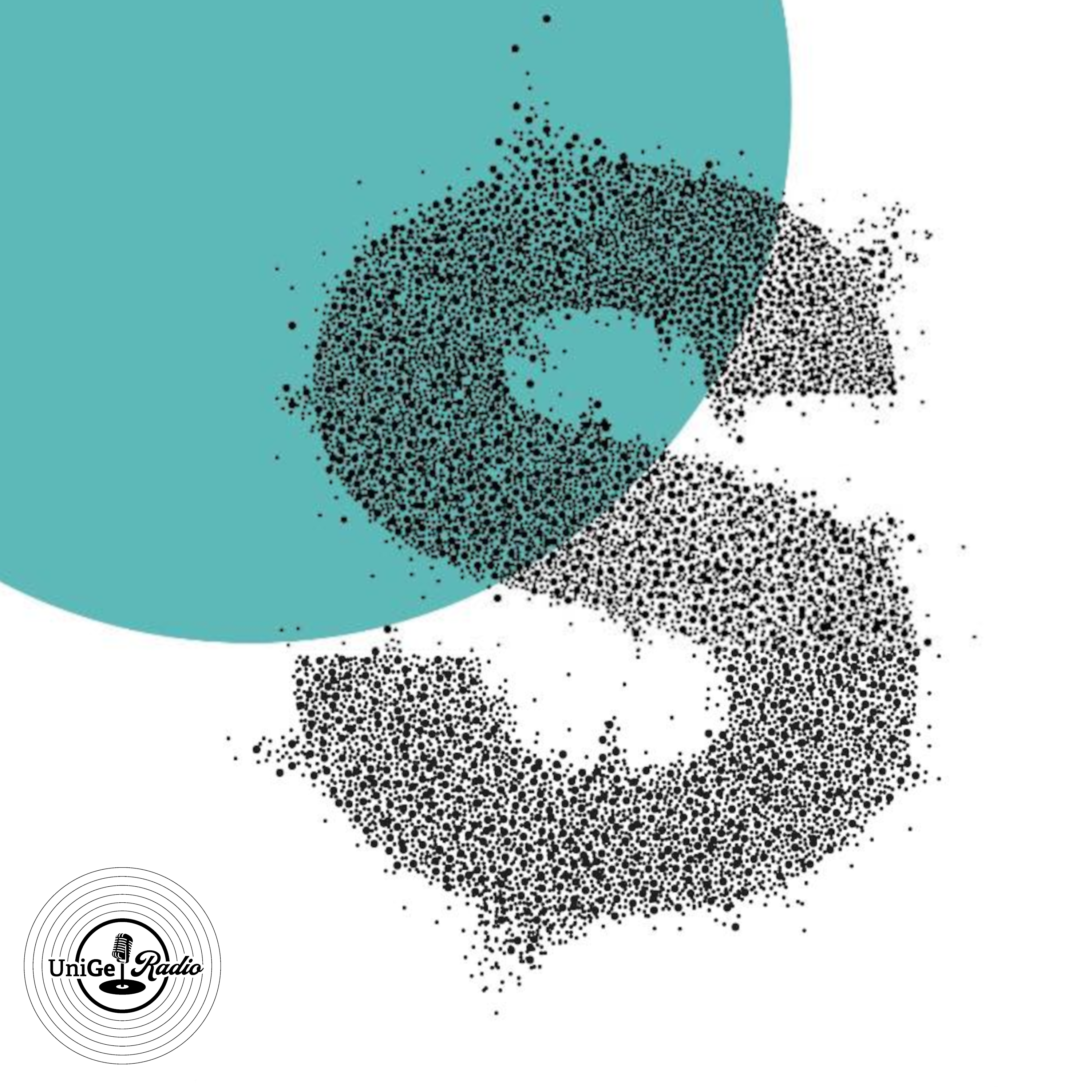Episode Transcript
[00:00:00] Speaker A: Unigia radio persegrete tracci di memoria duo mil aventici inque il festival organizato la Virginia Monteverde inque artistira tutol mondo sirunisco perceon.
[00:00:26] Speaker B: And it shows two sides, a situation with one part here on the left.
[00:00:32] Speaker C: Side are people and the right side are women and children, which is a common situation all over the world that meets women with children.
[00:00:48] Speaker B: And the helpless left situation of this.
[00:00:53] Speaker C: Of this clue, which is in a.
[00:00:57] Speaker B: Packed situation, very small space, is somehow.
[00:01:04] Speaker C: The universal situation which happens right now.
[00:01:08] Speaker B: Vasa equal or also.
[00:01:14] Speaker C: In the war and the especially very much in the.
[00:01:19] Speaker B: Concentration camp in the 40s, 30s.
[00:01:25] Speaker C: So for me it's somehow a kind of duty to react of my father's story.
And when Virginia asked me if I would like to be part of this exhibition, I started thinking about my origin. I have grandfathers, they were silent. And when I asked Anna in my generation how the grandfathers were silent, nobody talked about their part of this kind of story, this story of Germany. So it was very interesting for me.
[00:02:03] Speaker B: To find out which peaceful.
[00:02:07] Speaker C: Which part I have in this story which we had in the school. We were discussing poems of Po Cell and we were discussing the part of Germans, the Nazi national.
And it was always and every time a huge part of our school building.
[00:02:32] Speaker B: At the school education in Germany.
[00:02:35] Speaker C: And so we had to handle it. But nobody of our relatives were talking.
[00:02:41] Speaker B: About us about that.
[00:02:43] Speaker C: And so we were wondering what that.
[00:02:46] Speaker B: Part of now I found out that.
[00:02:48] Speaker C: My family had a path of featos.
And it was difficult to kick them out because they had had to be Arish, which is to be part of.
[00:03:02] Speaker B: The party in the.
[00:03:06] Speaker C: Trial.
[00:03:07] Speaker B: You had to be clean somehow.
[00:03:10] Speaker C: So how do we kick out the hippos out of the family? They were there, not like in the not alive, but in the generations before.
[00:03:22] Speaker B: And that was so interesting to see because I had to clean the house of my parents.
[00:03:30] Speaker C: Last year. So I found the documents about that.
[00:03:34] Speaker B: How we handle it in the family.
[00:03:39] Speaker C: So my mother told me a lot about this time, also my father, because they were talking to their parents in the end of their lives. So I found out which part my family had. It was not that they were totally involved with Tom hall and also about the ABC room and the. I don't know how it's a tree or family tree. And you had to pick somewhere out.
[00:04:05] Speaker B: And clean the tree to get into the party.
[00:04:09] Speaker C: So there were so many things that came up and at the end it wasn't. They could came out this painting, which is full with stories about my family, stories of my mother, of my father, about the situation right now, the actual.
[00:04:28] Speaker B: Situation in the world, and that it can happen everywhere, anywhere. And that's the conclusion of it.
[00:04:38] Speaker C: So you can describe the.
[00:04:41] Speaker B: Some sort of call for action, to speak up about these situations all around the world. Right.
[00:04:50] Speaker C: So it's not.
[00:04:51] Speaker B: It's not.
[00:04:52] Speaker C: It's not.
Since I was the men, it shows in my paintings always hair and head. It's a symbol of something. So in this situation at the end, women and children are not only victims.
[00:05:12] Speaker B: They can change the world somehow.
[00:05:16] Speaker C: So it's tough with my experience about law, about my history, about the general situation. And it's a mixture of a lot of things.
[00:05:31] Speaker B: It.
[00:05:34] Speaker C: Thank you so much.


